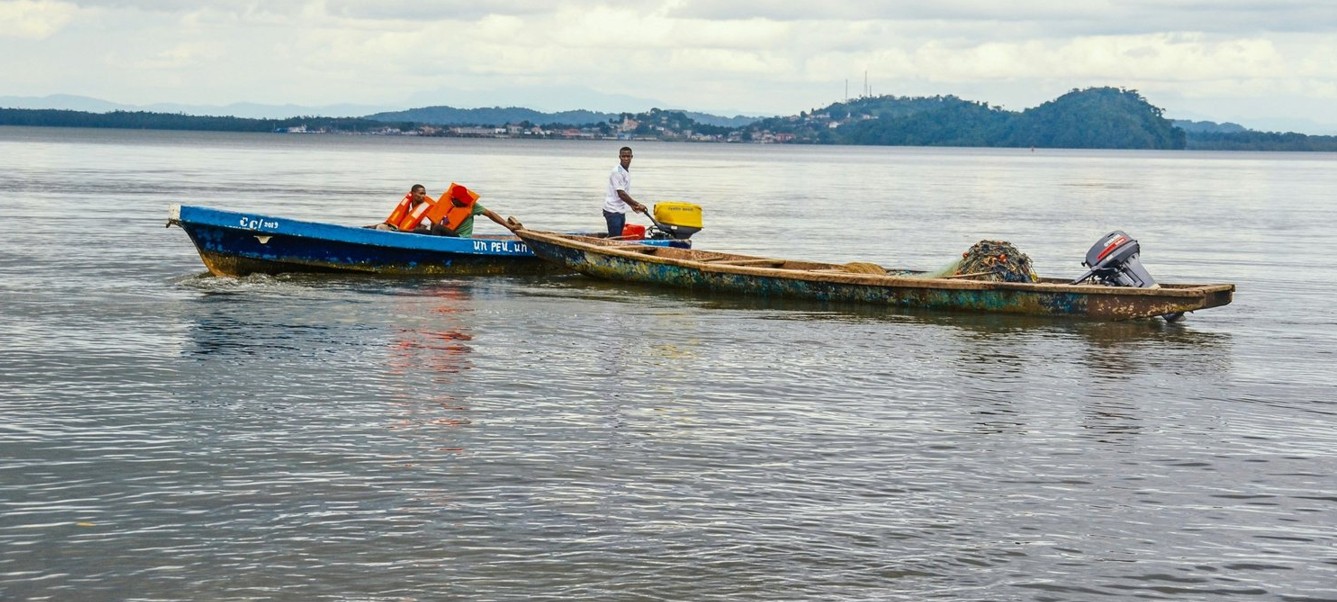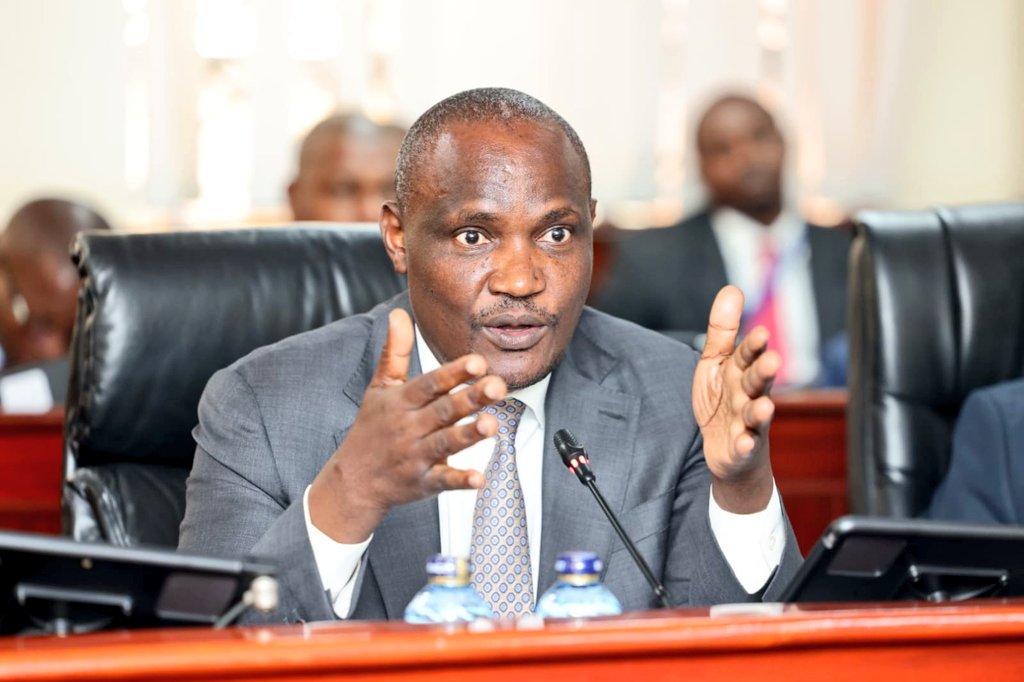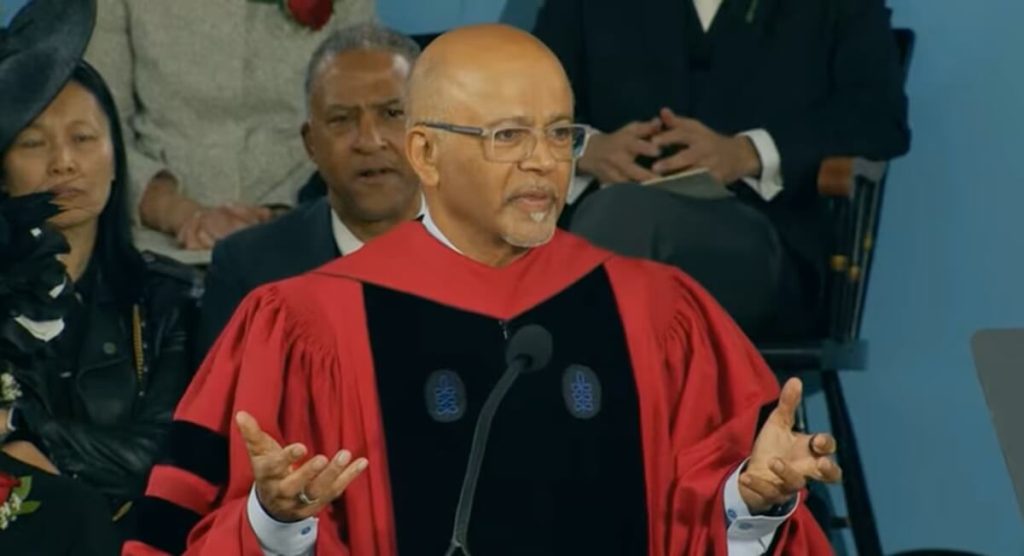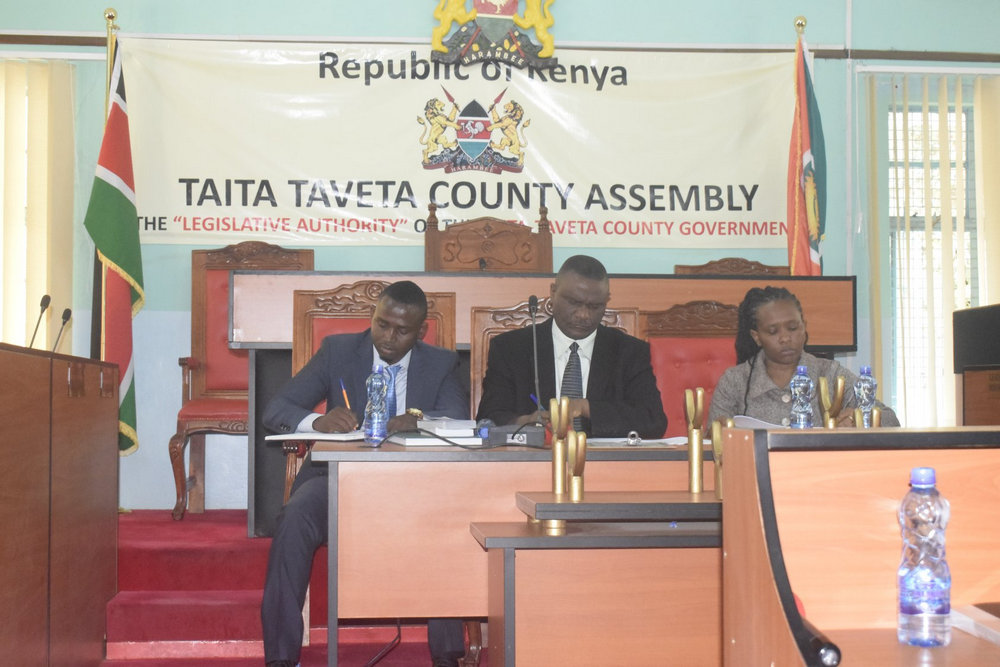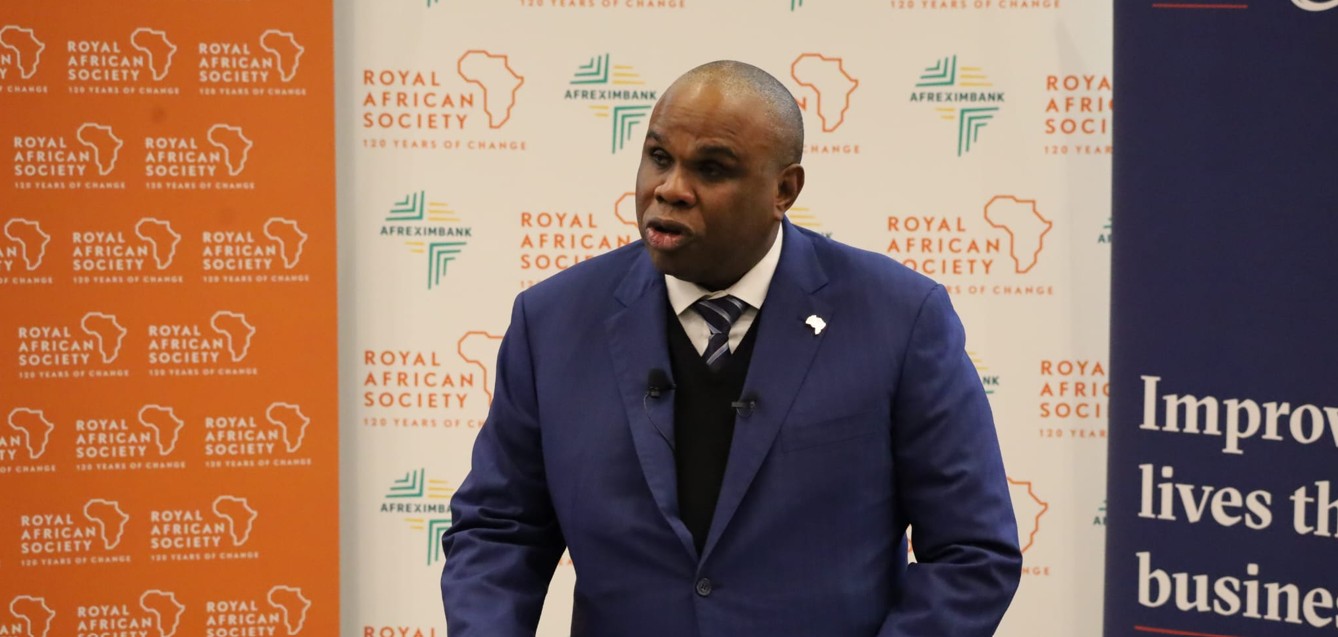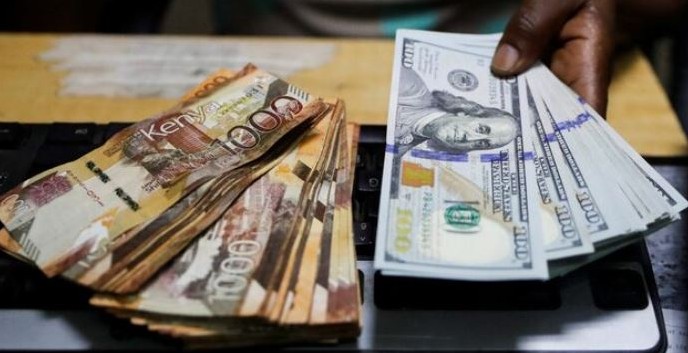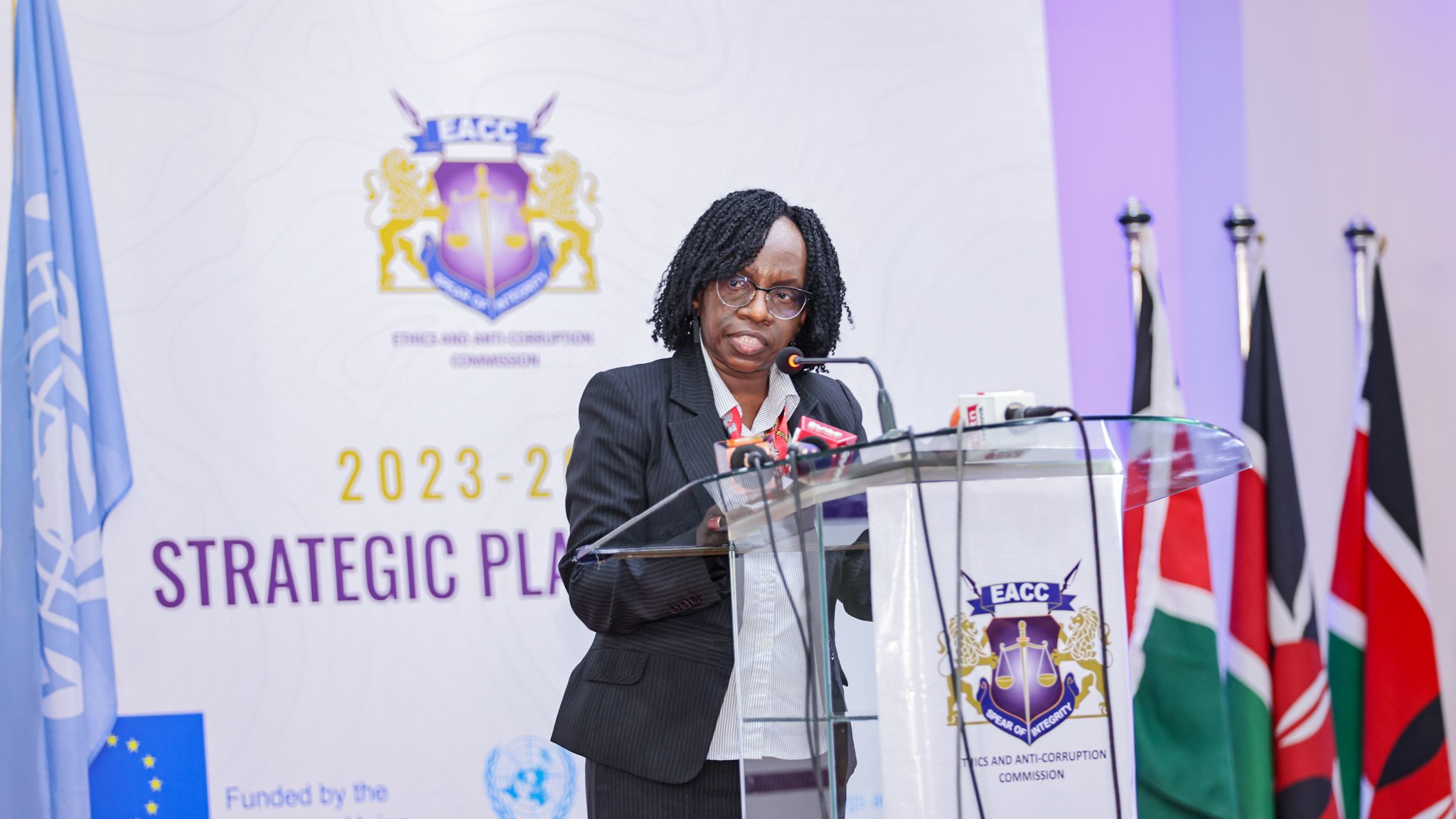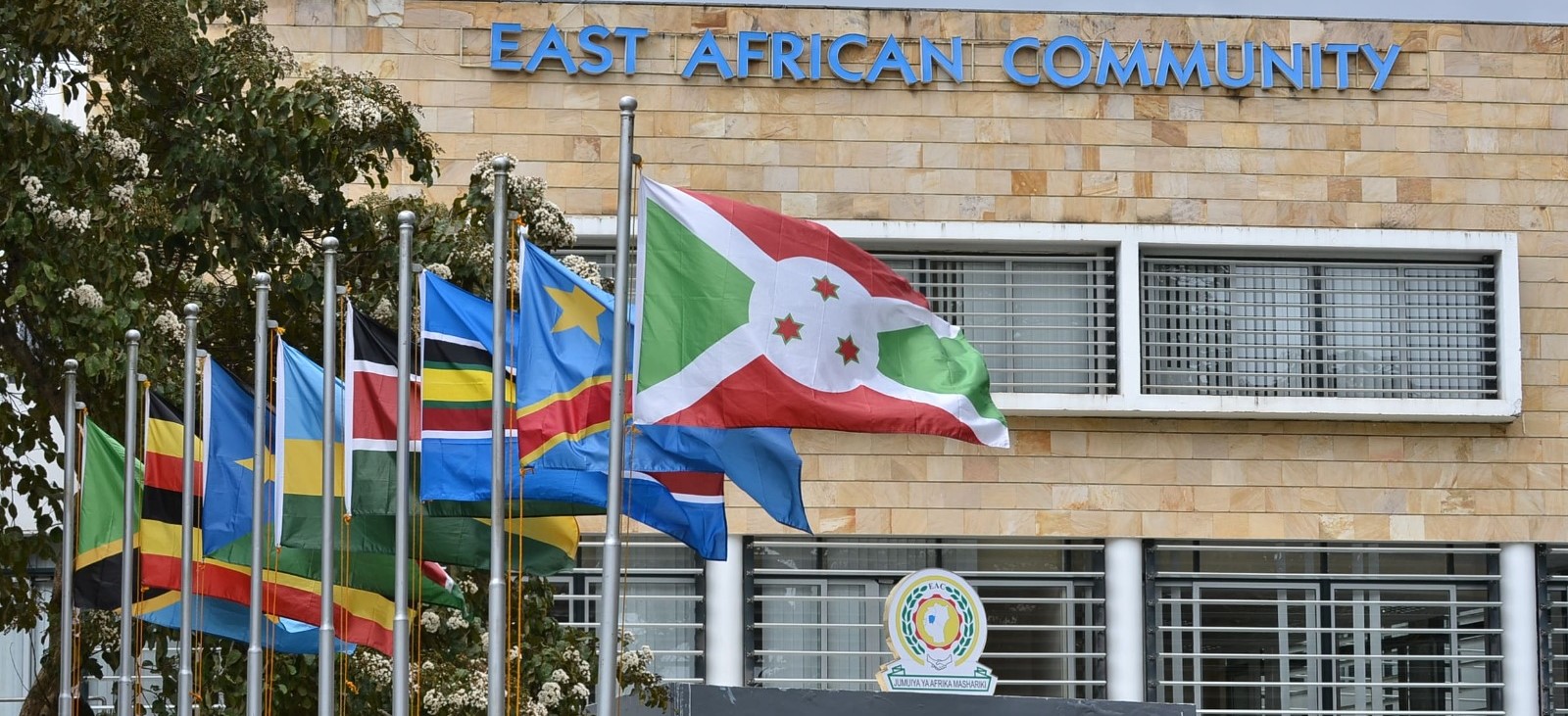Kenya to reject fake fertilizers, products banned abroad, says Agriculture CS nominee Kagwe
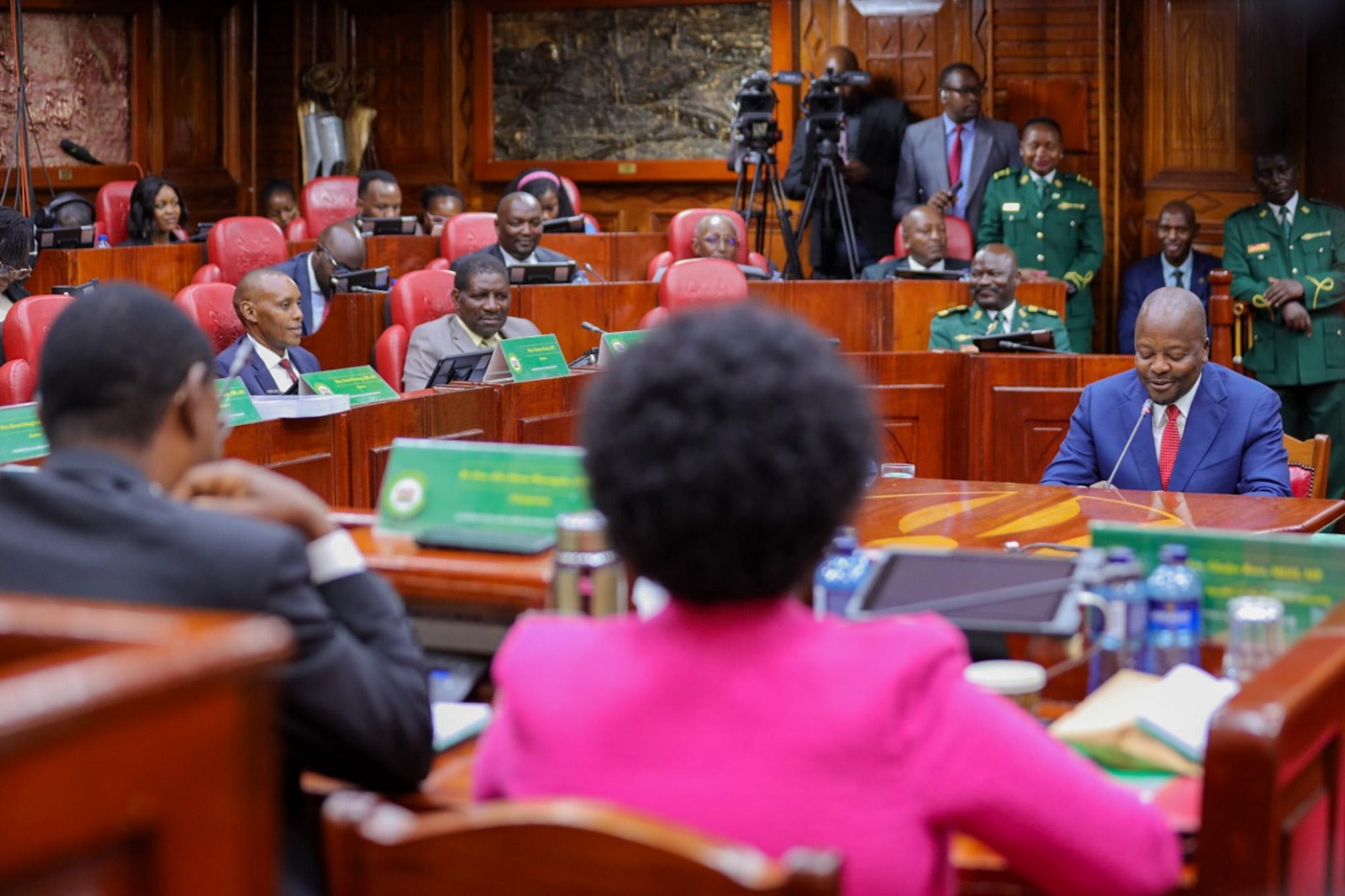
Kagwe pointed out the need to strengthen regulations around the sale of fake fertilizers and seeds, a matter he described as "extremely unfortunate."
Mutahi Kagwe, the Cabinet Secretary nominee for Agriculture, has vowed to crack down on the sale of fake fertilizers and other harmful agricultural products in Kenya, stating that they pose a direct threat to the country's food security and national security.
Speaking during his vetting before lawmakers on Tuesday, Kagwe pointed out the need to strengthen regulations around the sale of fake fertilizers and seeds, a matter he described as "extremely unfortunate."
More To Read
- Government announces new appointments across key ministries
- Kagwe calls for overhaul of agriculture funding, criticises three per cent budget allocation
- CS Kagwe calls for removal of value-added tax on key farm inputs to boost sector competitiveness
- Government leases four state-owned sugar mills to private firms for 30 years
- National Assembly Committee on Appointments approves Ruku, Cheptumo for Cabinet Secretary positions
- Gender CS nominee Hanna Cheptumo says women killed in Airbnbs were after money
He added that fake products undermine the growth of crops and livestock, ultimately jeopardizing food production across the country.
"If you grow for a whole year, you are growing something and it was fake from the beginning, or you give your cows fake feeds and they die. This is an area that affects not only food security but national security," Kagwe said.
The nominee has called for more stringent penalties for those involved in the sale of fake agricultural products and expressed his commitment to working with parliament to create stronger laws to protect Kenyan farmers.
"This is a matter that I would like to work with this house to create more civility in terms of the penalties that I'm involved in when people sell fake fertilizers when people sell fake seeds," Kagwe stated.
The Cabinet Secretary nominee also highlighted the importance of ensuring that only high-quality products are used in Kenya.
"Whether GMO, whether pesticide, whether fertilizer, if that product is not being used in its country of origin, it will not be used in Kenya," Kagwe declared.
He made it clear that no product tested in other countries that has been banned will be allowed in the Kenyan market.
"We are not guinea pigs. We will not be used by anybody as guinea pigs," he said, vowing to work closely with scientists to make data-driven decisions on agricultural products.
Going further, Kagwe also revealed his stance on GMO products and fertilizers, referring to global concerns such as the case of the weed killer Roundup.
He stated that while some products may be rebranded for use in Kenya, his ministry will be vigilant to ensure that only safe and approved items reach the market.
"There are some organizations overseas that are rebranding their products so that instead of coming as the main product which has been banned overseas, they rebrand themselves so that we can pass it here. We will be as vigilant as we can be to ensure that we protect our farmers," Kagwe explained
In addition to tackling fake fertilizers and agricultural products, Kagwe also addressed the challenges of promoting local oil crops like palm oil, which Kenya currently imports in large quantities despite being able to grow them locally.
"We are only producing about 10 per cent of these oils. We use them every day, yet we are importing them," he noted, adding that Uganda has successfully grown its palm oil industry and that Kenya should follow suit.
The former CS called for education and extension services to help farmers adopt new crops and techniques, including the proper use of fertilizers, both organic and mineral.
"We have to have educated extension farmers to change some of the cultural norms that our people have against or for farming certain goods. There is quite a bit to be done so that we stop blaming the people and take responsibility ourselves to grow," Kagwe added.
Top Stories Today



